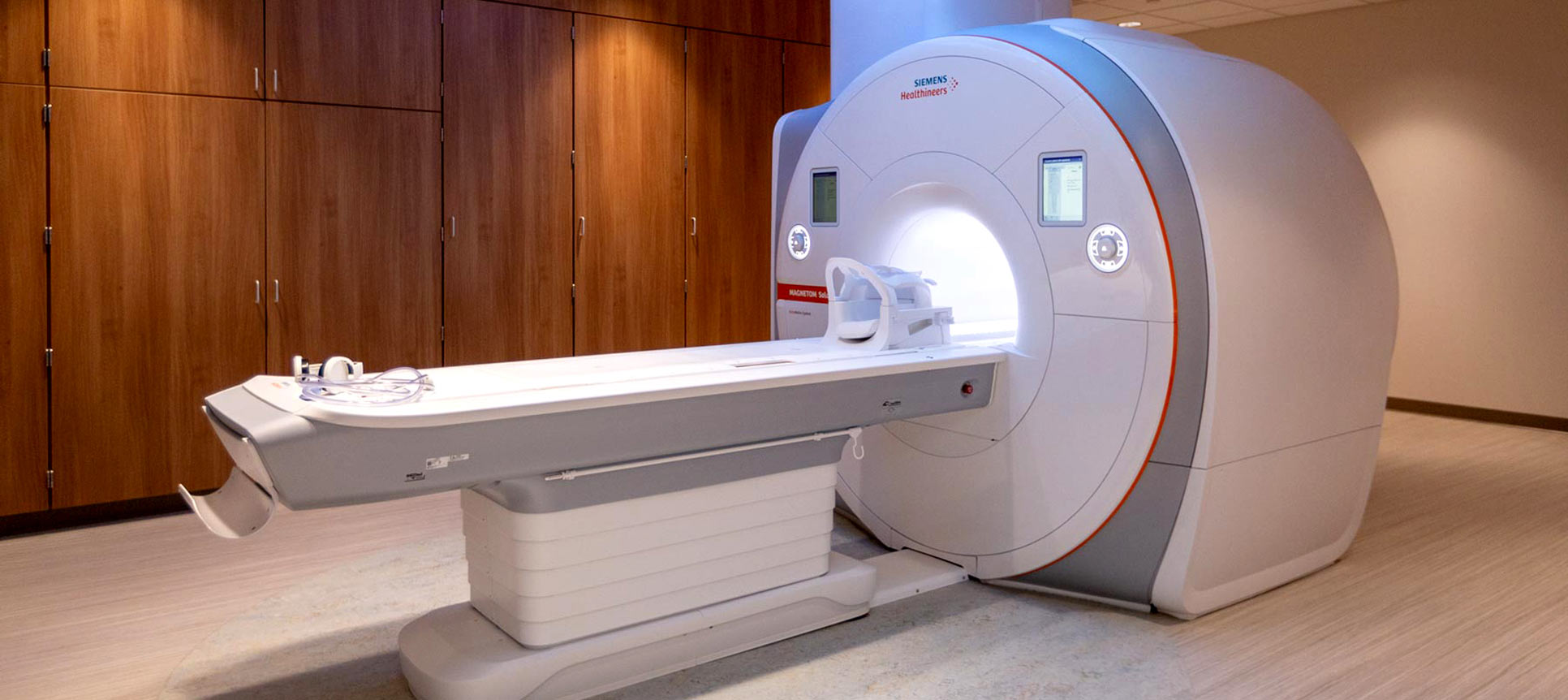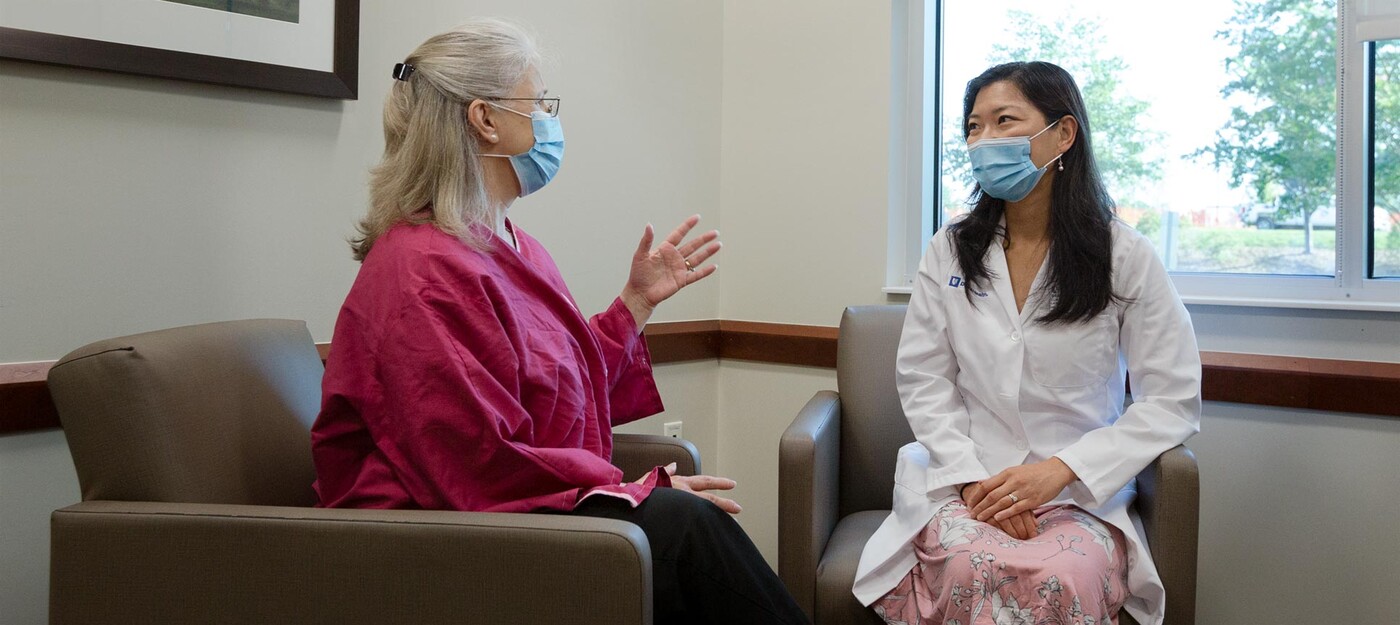Duke Health offers fast breast MRI -- also known as abbreviated breast MRI -- to detect breast cancer in people assigned female at birth who are at average risk for the disease. The procedure, available at several Duke Health locations, has a higher cancer detection rate than 3D screening mammograms alone. While not covered by insurance, it can be requested through a physician referral for an out-of-pocket cost of $400.
What Is Average Breast Cancer Risk?
The American Cancer Society (ACS) defines average risk as having less than a 15% chance of developing breast cancer in one’s lifetime. Medical, reproductive, and family history are among the factors used to determine risk.
According to Dr. Eun Lee Langman, MD, a Duke Health radiologist and breast imaging specialist, "screening mammography is the right place to start with prevention, but some cancers can be missed," she said. “This new form of MRI offers an additional screening tool with the highest cancer detection rate available.”
An abbreviated breast MRI is a version of a full breast MRI, which is designed to screen for additional breast cancers not seen on mammography. The two tests are identical except that the abbreviated version leaves out a few images that can occasionally be helpful in confirming that a finding is not breast cancer, said Dr. Langman. "Generally, we find just as much breast cancer on the abbreviated MRI as we do on the full MRI."
Dense Breasts May Benefit Most from Abbreviated Screening Breast MRI
Breasts are considered “dense” if they have more fibrous or glandular tissue and less fatty tissue. While the condition is normal and very common, it can make it harder to pick up small tumors on screening mammograms. According to the ACS, breast density can increase the risk for breast cancer.
Because of this, an abbreviated breast MRI may be considered in addition to a screening mammogram, Dr. Langman explained. It’s important to note that the abbreviated breast MRI isn't a replacement for an annual mammogram. Slow growing cancers or pre-invasive cancers like those that form in your milk ducts may not easily appear on breast MRI -- they may only be seen on a mammogram.

Women at Increased Risk Can Also Get an Abbreviated Breast MRI
If you’re considered high risk for breast cancer, Dr. Langman said a regular, annual breast MRI is typically covered by insurance and is the recommended procedure. “If a regular breast MRI is not covered by your insurance, talk to your provider about whether you may benefit from abbreviated breast MRI,” she said.
Abbreviated Breast MRI Benefits
There are several benefits of an abbreviated breast MRI.
- Your first abbreviated MRI is 20 to 25 minutes, and subsequent scans are about 10 minutes. A traditional MRI can take up to 45 minutes.
- Some of our MRI scanners are larger in size, allowing for additional comfort for all body types.
- The out-of-pocket cost of $400, collected at the time of imaging, is less expensive than a traditional MRI when not covered by insurance.
Scheduling Your Abbreviated Breast MRI Appointment
Abbreviated breast MRI tests are performed at Duke University Hospital, Duke Cancer Center, Duke Imaging Arringdon, and Duke Imaging Holly Springs. A referral from your primary care provider or breast imaging specialist is required to schedule an appointment.




